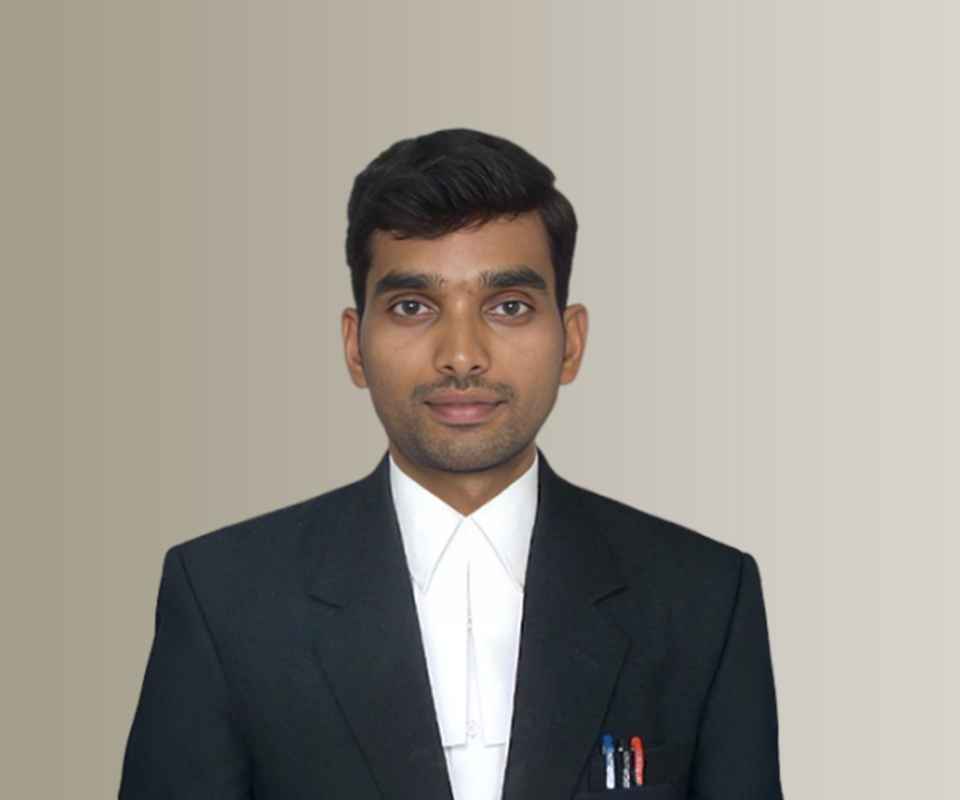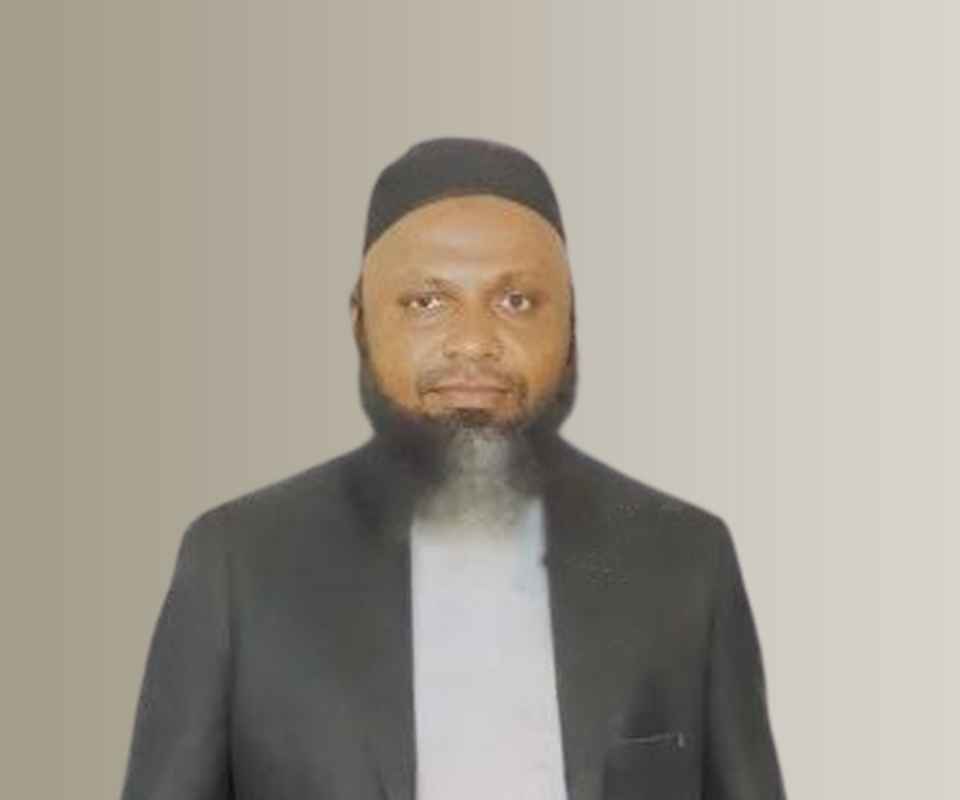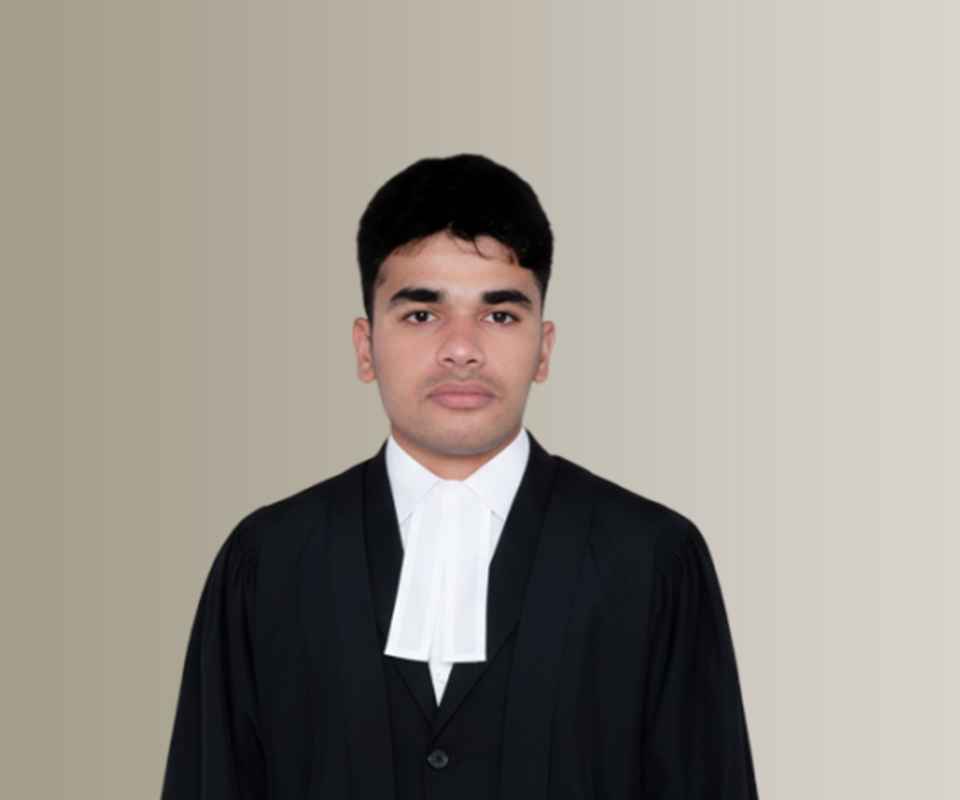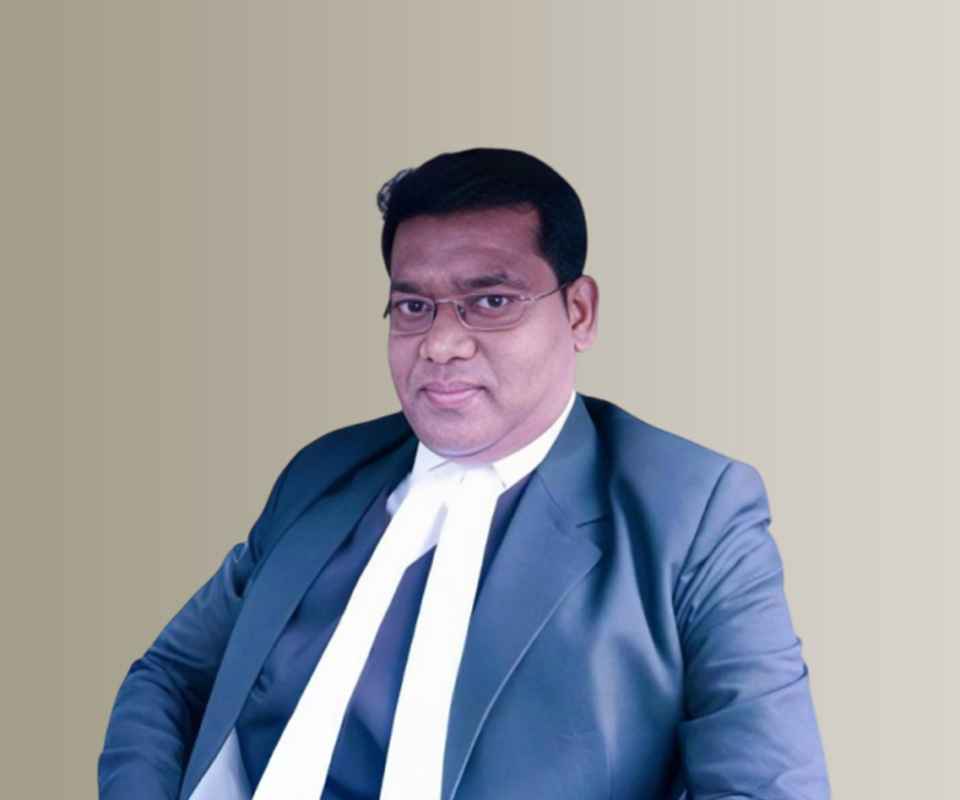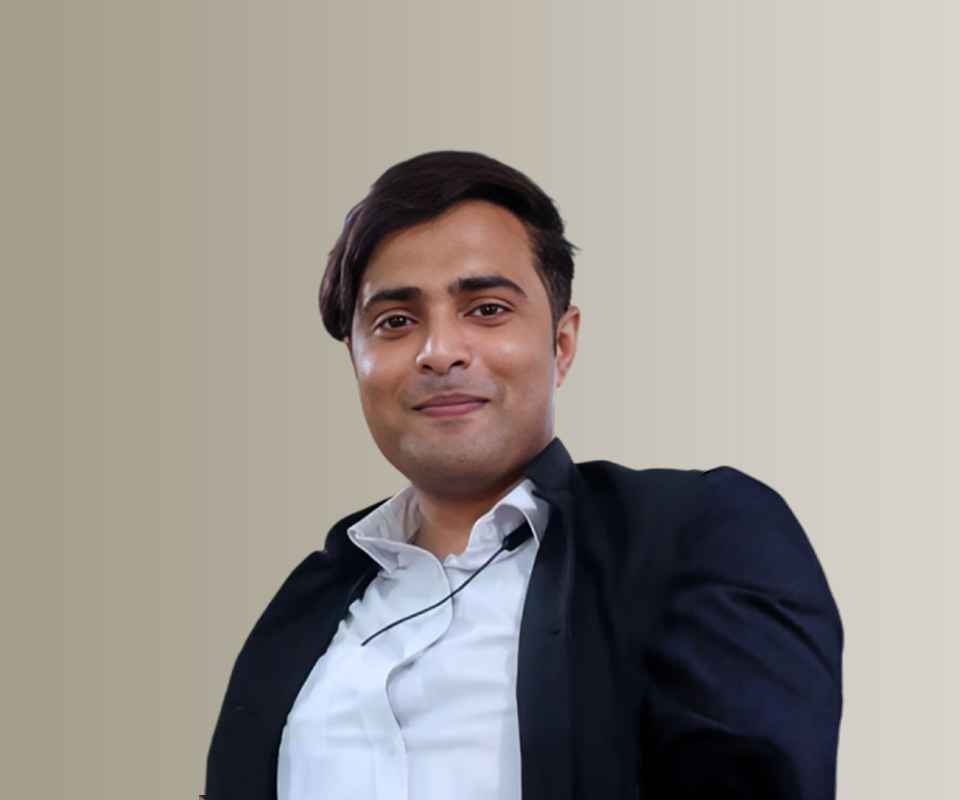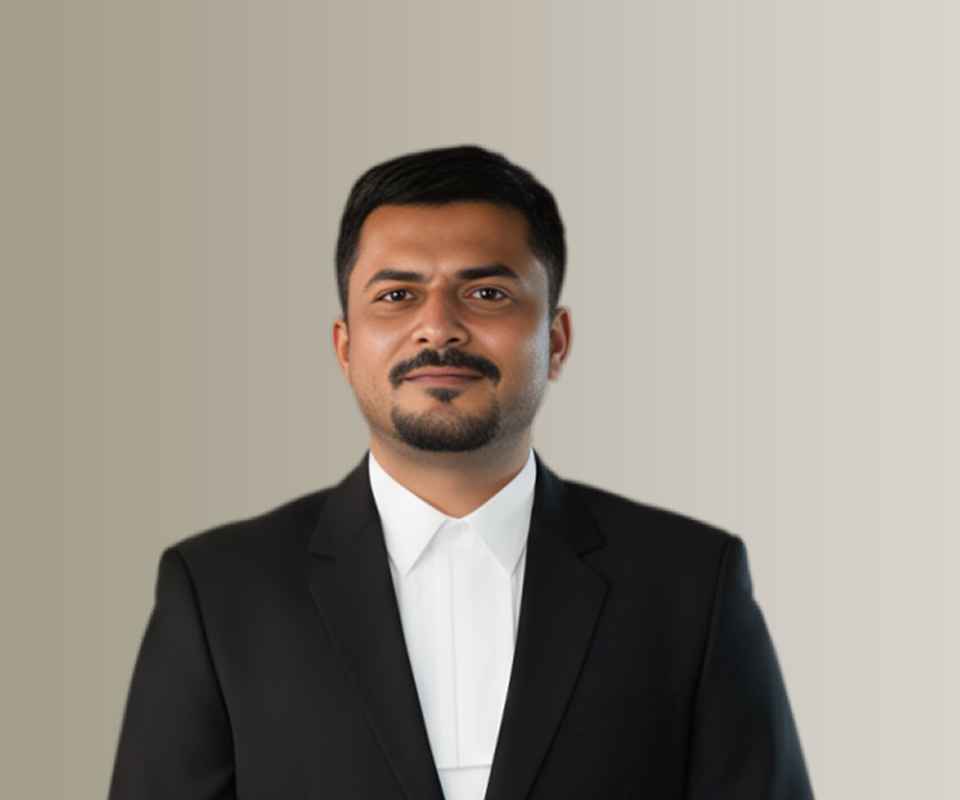Answer By law4u team
In India, the AYUSH system of medicine (Ayurveda, Yoga and Naturopathy, Unani, Siddha, and Homeopathy) is distinct from modern allopathic medicine. AYUSH practitioners are trained in their respective systems but have limited or no legal authority to practice modern medicine unless they have specific qualifications or additional training in allopathic medicine. The practice of allopathic medicine by AYUSH practitioners is regulated to ensure patient safety and professional accountability.
Legal Provisions Regarding AYUSH Practitioners and Modern Medicine:
1. The National Medical Commission (NMC) Act and Regulations:
The NMC Act, 2019, provides clear guidelines on the practice of medicine in India. It mandates that only those who are registered with the State Medical Council and hold a degree in modern medicine (MBBS) are permitted to practice allopathic medicine.
AYUSH practitioners who hold a degree like BAMS (Bachelor of Ayurvedic Medicine and Surgery), BHMS (Bachelor of Homeopathic Medicine and Surgery), or BUMS (Bachelor of Unani Medicine and Surgery) are legally allowed to practice within their respective systems, but cannot practice modern medicine unless they meet certain additional qualifications.
2. No Authority to Practice Allopathy:
As per the Indian Medical Council Act, AYUSH practitioners are not authorized to practice allopathic medicine unless they have completed a recognized bridge course or additional training in modern medicine.
Exceptions: In certain situations, AYUSH practitioners may be permitted to prescribe allopathic medicines for specific treatments, but this is usually restricted to emergency care or integrated healthcare settings, such as multi-disciplinary hospitals where both systems are used together.
3. Special Provisions for Integrative Medicine:
The National AYUSH Mission (NAM) has recognized the potential benefits of an integrative approach where AYUSH practices and modern medicine can complement each other.
However, this approach is tightly regulated and can only be applied in multidisciplinary settings where both systems work together under the supervision of qualified professionals in each field.
4. Court Rulings on Practice of Modern Medicine by AYUSH Doctors:
Courts have repeatedly clarified that AYUSH practitioners cannot prescribe allopathic medicine unless they possess an allopathic medical degree (MBBS, MD). The judiciary has emphasized that unqualified practice of allopathy can lead to charges of medical malpractice and negligence.
5. Lack of Comprehensive Training in Modern Medicine:
AYUSH practitioners receive specialized training in their respective systems of medicine, but this training does not typically include comprehensive education in modern allopathic treatments like surgery, pharmacology, or diagnostic procedures associated with modern healthcare. Therefore, even with a bridge course, their capacity to handle complex medical conditions requiring allopathic interventions remains limited.
Example:
Dr. R, a qualified BAMS practitioner in Kerala, completed a short-term bridge course in allopathic medicine. This allowed him to offer treatment for basic common ailments like fever or infections using both Ayurvedic and allopathic methods. However, when a patient with a complex heart condition visited him, Dr. R referred the patient to an MBBS-qualified doctor as he is not authorized to prescribe specialized heart medications or perform surgeries.
